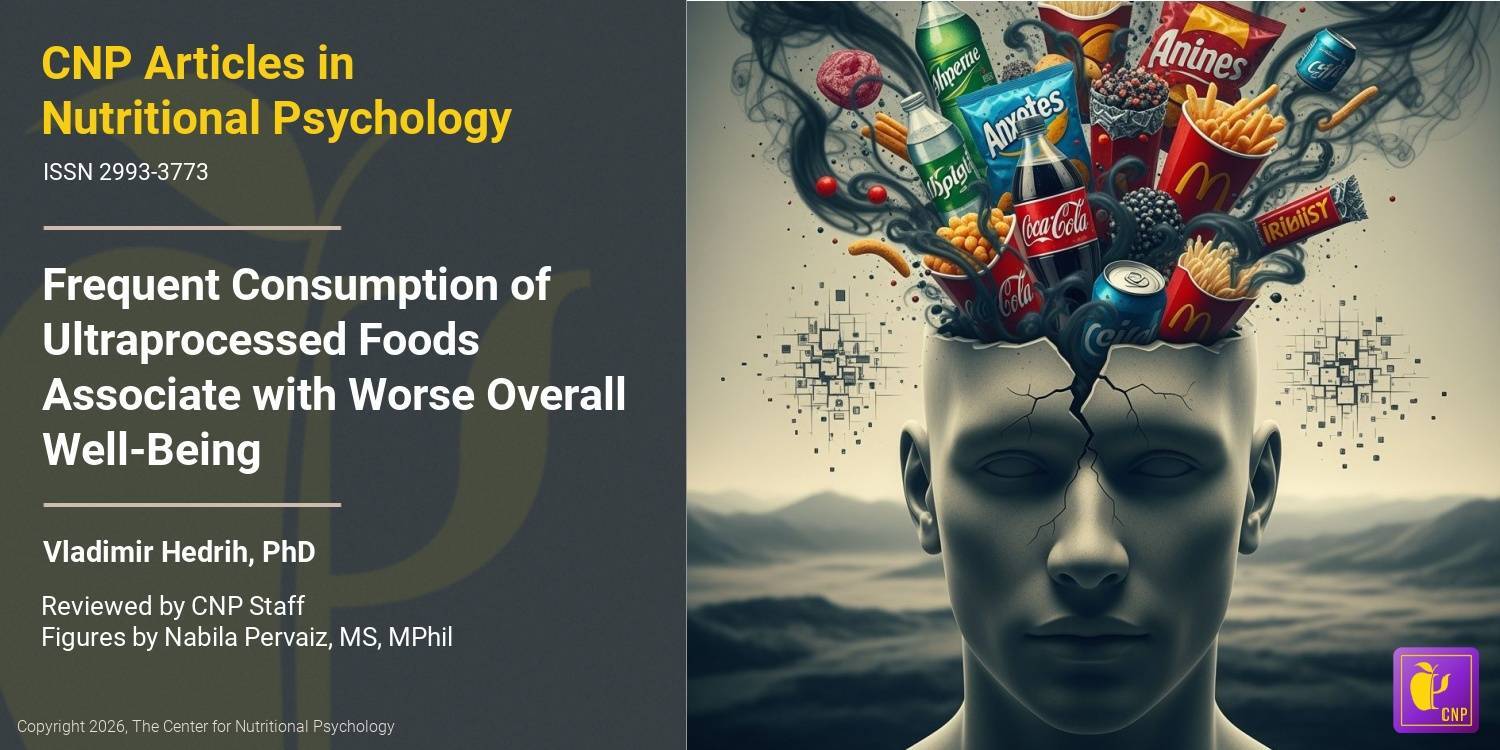Sensation of time passing during meals and risks of eating disorders: A pilot study in a non-clinical sample
Relationship between the perception of time during meals and eating disorder risk
This study, by Hallez, Shankland & Flaudias (2025), explored the relationship between the perception of time during meals and eating disorder risk in young women. The researchers proposed that those with a higher risk of eating disorders would perceive time as passing more slowly. They also examined how this perception is connected to meal duration and the time it takes to feel full. Forty female participants ate a standardized meal while being observed. Each reported their hunger before eating, the start and end times of their meal, and when they felt satiated. They also completed questionnaires that measured eating disorder risk (using the SCOFF scale), food cravings, and their level of satisfaction with the meal. Findings revealed that higher SCOFF scores were associated with a slower sense of time during eating, independent of actual meal duration. Faster time perception was associated with greater social engagement and higher body mass index (BMI). No link was found between time perception and the time taken to reach satiety. According to the authors, these findings show how disordered eating practices may be influenced by a changed sense of time. The slowed sense of time among those at greater risk could stem from increased anxiety or negative feelings about eating. Further studies are needed to understand better these mechanisms and how they could inform treatments focused on time perception and mental well-being in eating disorder prevention. [NPID: Eating behaviors, eating disorders, meal duration, passage of time, time perception]
Year: 2025

 Navigation
Navigation







